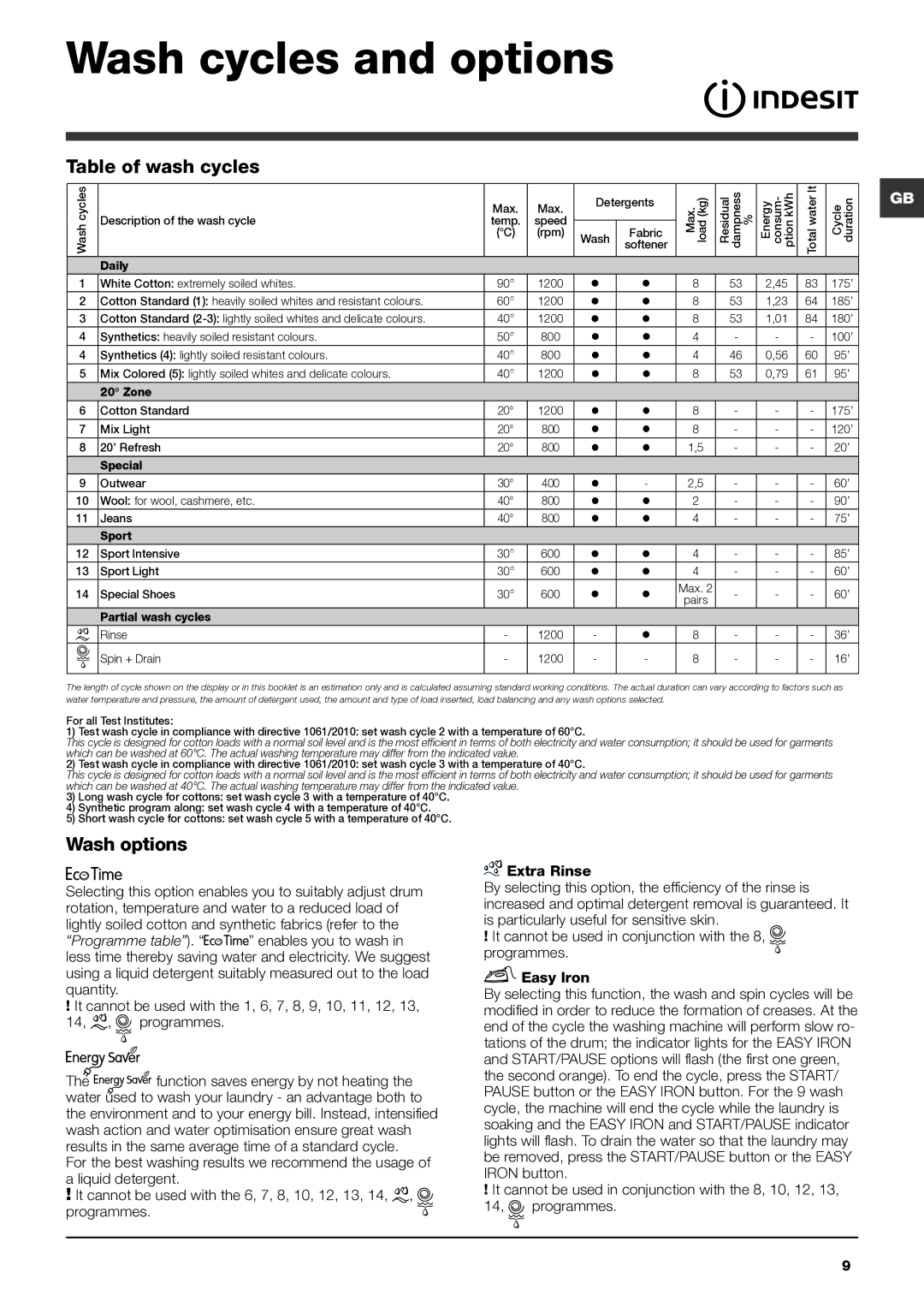IWE specifications
Cannon IWE, a leading player in the field of industrial weighing solutions, is renowned for its innovative approach to load measurement technology. Offering a range of products designed to meet the diverse needs of industries, the Cannon IWE brand stands out for its commitment to precision, durability, and user-friendly functionality.One of the standout features of Cannon IWE products is their advanced load cell technology. This technology ensures accurate measurement by converting a load or force into an electrical signal. The load cells are engineered to maintain high precision even under challenging conditions, making them ideal for various applications, including manufacturing, logistics, and construction.
Cannon IWE also incorporates robust materials in its design, ensuring that their weighing instruments can withstand harsh environments. Many of their products are built with stainless steel housings, which provide excellent corrosion resistance and protect against the impact of dust and water. This durability makes them suitable for both indoor and outdoor use, as they can function efficiently in diverse environmental conditions.
In terms of connectivity, Cannon IWE products are equipped with the latest wireless technologies. This allows users to monitor and control weights remotely, facilitating improved data collection and analysis. Users can easily integrate these systems into existing workflows, enhancing efficiency and operational effectiveness.
The user interface of Cannon IWE systems is designed with the end-user in mind. The intuitive displays and controls ensure that operators can easily navigate through settings and monitor measurements without extensive training. This usability is a critical factor for industries where time efficiency is crucial.
Moreover, Cannon IWE emphasizes the importance of compliance with international standards. Their weighing systems are often certified to ISO and OIML standards, which not only guarantees precision but also ensures that users meet legal requirements in their respective industries.
Another notable characteristic of Cannon IWE is their commitment to sustainability. The company is continuously exploring ways to reduce their environmental footprint through energy-efficient practices in manufacturing and materials usage.
In conclusion, Cannon IWE stands as a pioneering brand in industrial weighing solutions, characterized by cutting-edge load cell technology, durability, advanced connectivity, user-friendly design, compliance with standards, and a commitment to sustainability. Their comprehensive range of products effectively addresses the demands of modern industries, positioning them as a reliable partner in achieving precision and efficiency in load measurements.

